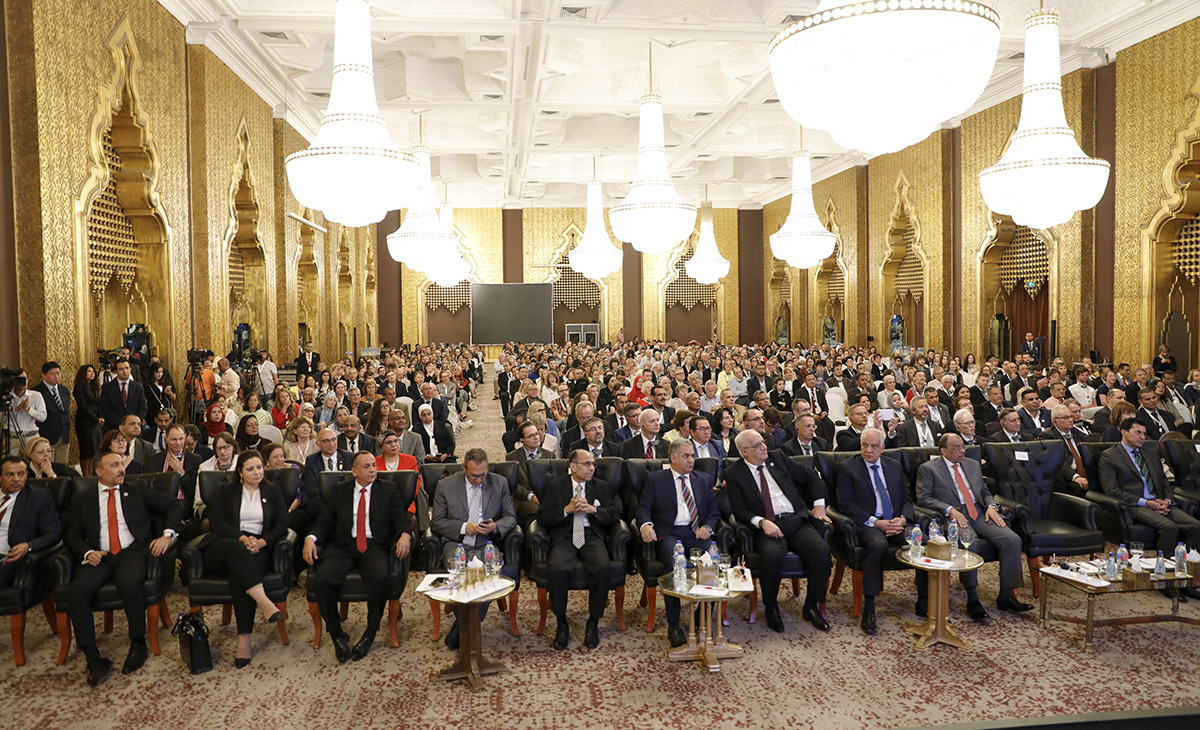Steve Flinders: Working with weirdos
Text & Photo: Steve Flinders

Dominic Cummings, chief special adviser to the British prime minister, has suggested that the British civil service should be shaken up by recruiting “weirdos and misfits”. Merriam-Webster defines ‘weirdo’ as “a person who is extraordinarily strange or eccentric” and ‘misfit’ as “a person who is poorly adapted to a situation or environment”. When I think about all the weirdos I have had to deal with at work over the years, I can safely conclude that I could have done without nearly all of them. As for taking on misfits, I think any recruiter would be somewhat baffled by an instruction from a superior to look for people “poorly suited to the environment”.
It may well be that senior civil servants are too often clones of their predecessors and Mr Cummings is right to want to achieve more “cognitive diversity” within the service, but there are less hazardous and haphazard ways of achieving this than he suggests.
Some organisations have already learnt that the danger of recruiting people who all face the same way is that they may all be facing the wrong way. There has been some progress at last on gender inequality. There is more awareness today that too many workplaces are nightmares for introverts. Good diversity policies help to harness the abilities of members of minorities whose job applications have hitherto gone straight in the bin. Some IT firms are organising their work environments to be more sensitive to the needs of talented autistics.
Team development training can help individuals and groups to become more aware of their own preferences and more tolerant of those of others. Good teams understand the need to balance creative mavericks and organisers, disrupters and rule followers, and big picture people with people with an eagle eye for detail.
It’s good to have someone shaking the apples, provided they don’t spill the entire cart. If Mr Cummings wants to do something really radical for the civil service, my suggestion is for the government to stop using its employees as whipping boys and girls, and behave like any good employer should.
That means paying people decently, giving them manageable workloads, and showing them that they are respected and valued. It’s amazing what great results can come from happy workers, but I suspect this simple proposal would be too much of a disruption for the current government.
Steve Flinders is a freelance trainer, writer and coach, based in Malta, who helps people develop their communication and leadership skills for working internationally: steveflind@aol.com. Disclaimer: The views and opinions expressed in this column are those of the author and do not necessarily reflect the official policy or position of Discover Benelux.
Subscribe to Our Newsletter
Receive our monthly newsletter by email




